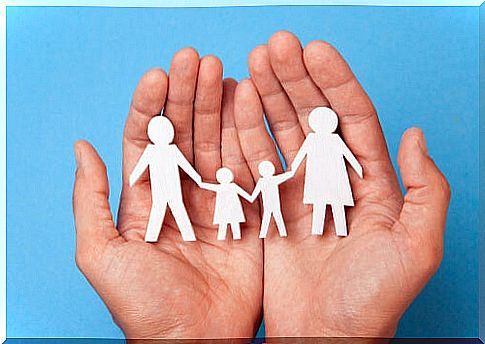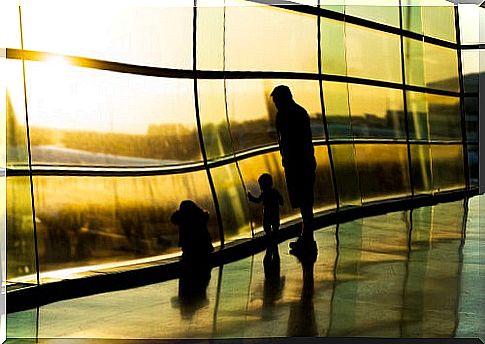Family Reunification: A Phenomenon Of Migration

Although migration is not a new phenomenon, even in the 21st century it continues to create a lot of controversy. According to the UN, in 2017 alone, the number of migrants reached 258 million. That is, 85 million more since 2000.
Many of the displaced are forced by war, by the need to help their families or by fleeing certain social situations. But what happens when only part of the family moves? Therefore, today we want to talk about family reunification.
According to the Ministry of Labor, Migration and Social Security, it is a temporary residence permit that may be granted to relatives of foreigners residing in Spain, by virtue of the right to family reunification.
Organic Law 4/2000, of January 11, on the Rights and Freedoms of Foreigners in Spain and their Social Integration, contemplates family reunification as a true subjective right. In the same way, if we adhere to article 16 of the aforementioned law, resident foreigners have the right to family life and family privacy.
Obviously, there are a series of requirements that must be met when starting the process. Following the summary of González (2008) they are:
- Prior residency requirement. That is, to have resided in Spain for one year and have authorization to reside for at least another year.
- Availability of sufficient means of subsistence to meet the needs of their family once they are reunited.
- Have adequate accommodation and be accredited through an official report.
- Not be in an irregular situation.
- Have no criminal record.
- Have health care because they are covered by Social Security or have private health insurance.

Persons susceptible to family reunification
Although it is understandable that the entire extended family wants to stay together, in the case of family reunification it is not always possible. When we talk about this phenomenon, according to the Ministry of Labor and Immigration (2011), the people who can have access are:
- The spouse not separated in fact or in law, provided that the marriage has not been celebrated in fraud of law.
- The person who maintains an emotional relationship analogous to the conjugal one with the sponsor.
- Your children or those of your spouse or partner, including those who are adopted, under 18 years of age or with disabilities, and who are not married.
- Those under 18 years of age or disabled, when the foreign resident is their legal representative.
- Their first degree ascendants over 65 years of age or those of their spouse or partner, when they are in their charge (because they are financially dependent on the sponsor) and there are reasons that justify the need to authorize their residence in Spain.
- Exceptionally, for humanitarian reasons, ascendants under 65 years of age.

Consequences of migration on families
Getting away from family, leaving our home and putting distance with our friends, with the known, is sometimes not an easy decision to make. Family members who are forced to separate in order to get ahead can experience direct negative consequences. Two of the most relevant are uprooting and integration into the new culture that will welcome you.
Uprooting (Riquelme, 2000) entails the existential and basic loss of family members and colleagues through repression and the explicit rupture of a project of social and cultural transformations of which they were an active part. That is to say, it implies the cultural and family separation of the roots, of that place where we were born and of those people with whom we grew up.
On the other hand, if we talk about the integration of migrants, we also encounter many difficulties. In this sense, we point out the importance of maintaining the culture of cradle while incorporating customs of the adopted society.
In short, it is necessary to promote legal paths for the reunification of families, as well as to provide opportunities for a real integration of foreigners.
In the end, we are all susceptible to migrating ; Thus, faced with this reality, if we walk together, fostering active participation in integration processes, we will achieve a fairer place to live together.









